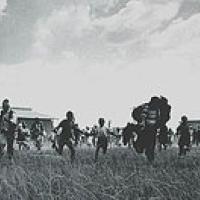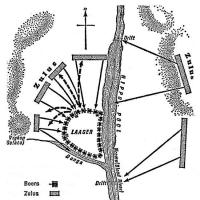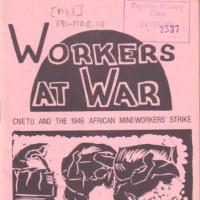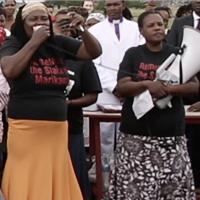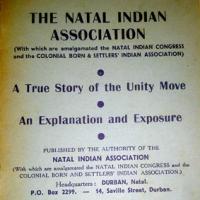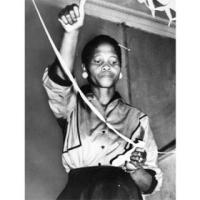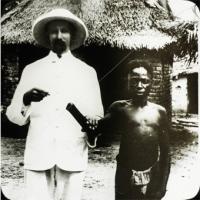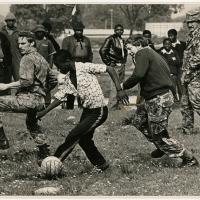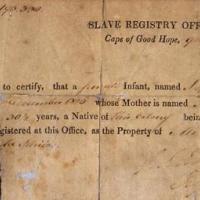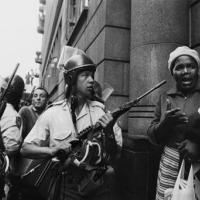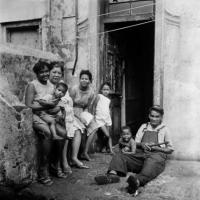J. M. Coetzee was born to German and English parents in Cape Town on 9 February 1940. Coetzee spent his childhood in there, as well as in Worcester, a picturesque Western Cape town northeast of the famous South African harbour city. Supporters of the liberal South African party of General Jan Smuts, his parents opposed the conservative Afrikaner nationalists who ultimately came to power in South Africa in 1948, beginning a racist and oppressive apartheid regime.
Personal Information
Born in 1900, Johannesburg Chamile worked as a labourer. He was a member of the Newclare branch of African National Congress which he joined during the Defiance Campaign. The indictment against him in the Treason Trial was squashed in 1959.
Personal Information
Odd one out
Over the years many people have asked me how it came about that I, amongst all the Afrikaners that I grew up with or knew, as a young man in the 1960s and early 1970s, came to an alternative view about racism and Apartheid and took an active role in opposing the South African government of the time.
How to Search
Featured topics
This day in history
Find out who was born, who died and other significant events from this day in history
History in Images
The great South African writer and activist, Ruth First, was assassinated by a letter bomb sent by the South African Security Police in Maputo, Mozambique on this day, 17 August, in 1982.
At a memorial meeting for Ruth First, after she was assassinated on the streets of Maputo by South African agents, Ronald Segal, another prominent exile figure and her close friend, described Ruth, as a “journalist, author, intellectual, teacher,” whose “whole life was essentially a political act.”
Home Page
This day in history
Find out who was born, who died and other significant events from this day in history
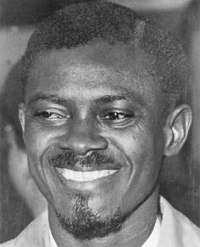
Patrice Emery Lumumba, first Prime Minister of an independent Congo, is born
Featured topics
Discover important themes, topics and events from South Africa’s past with our staff picks
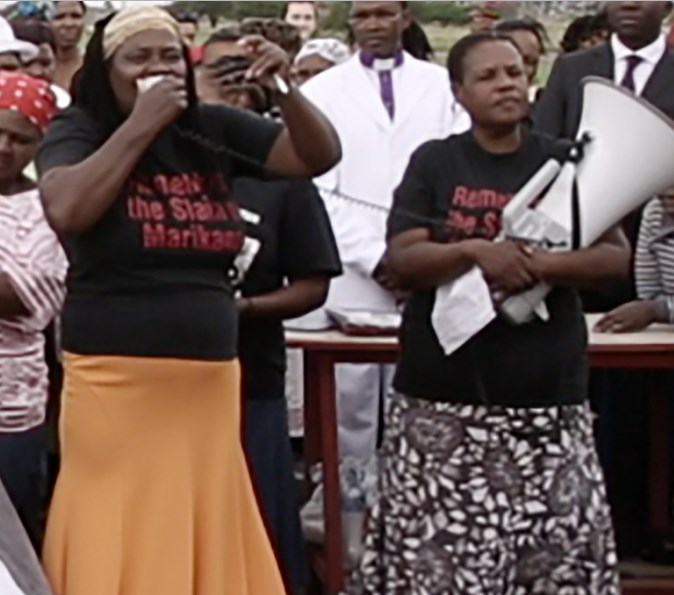
The Women of Marikana
More featuresThis day in history
Find out who was born, who died and other significant events from this day in history
Featured Biography
Reggie Williams
Latest in Politics & Society
Topics, timelines and articles that cover the social and political history of South Africa from prehistory to the present day
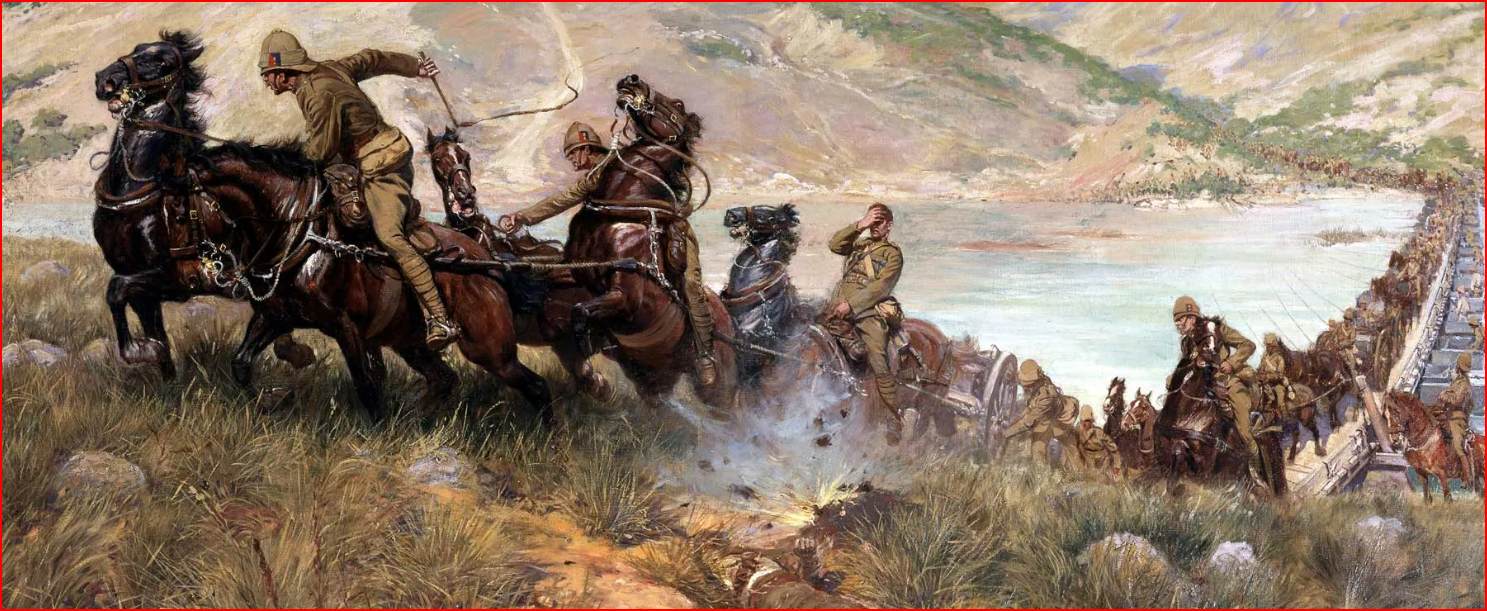
Afrikaans community, 1883-1899
April 26, 2025
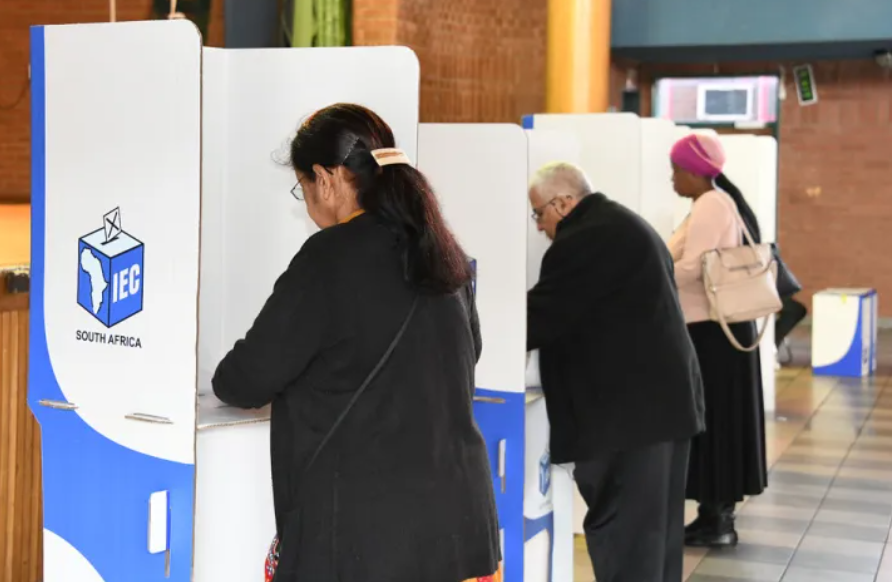
National and Provincial Elections - 2024 - South Africa
July 8, 2024
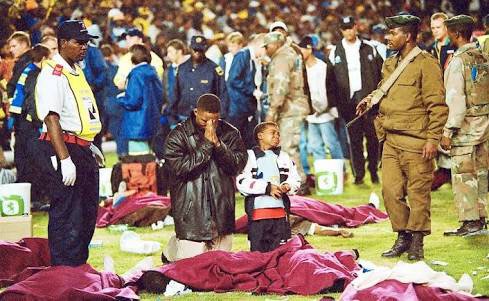
The following is a list of 43 names of those killed in the stampede at a soccer match at Ellis Park stadium
April 16, 2024
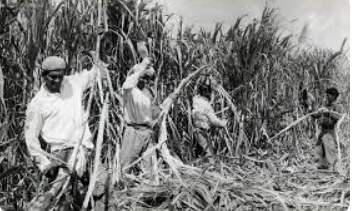
South Africa needs a national holiday on 16 November to acknowledge its indentured
December 14, 2023
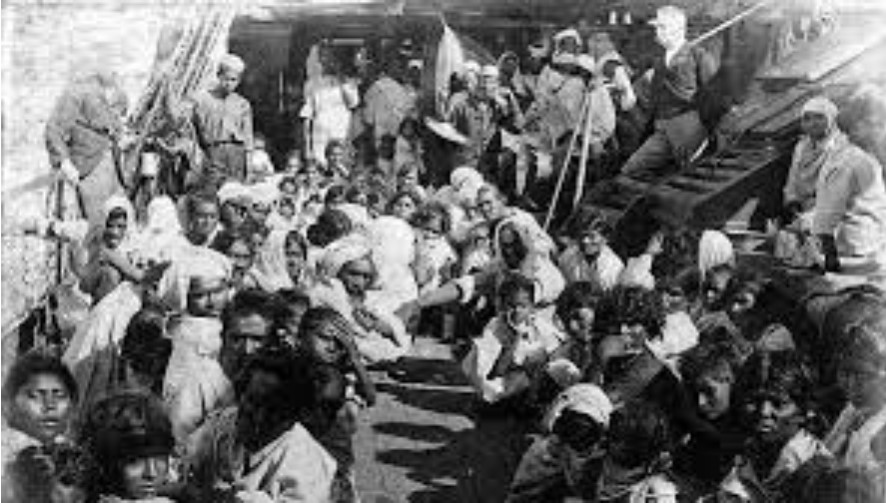
Indentured Indian labourers and their struggle for citizenship in South Africa by Dr Brij Maharaj
November 27, 2023

Aziz Pahad: Rest in peace by David Kenvyn
September 28, 2023
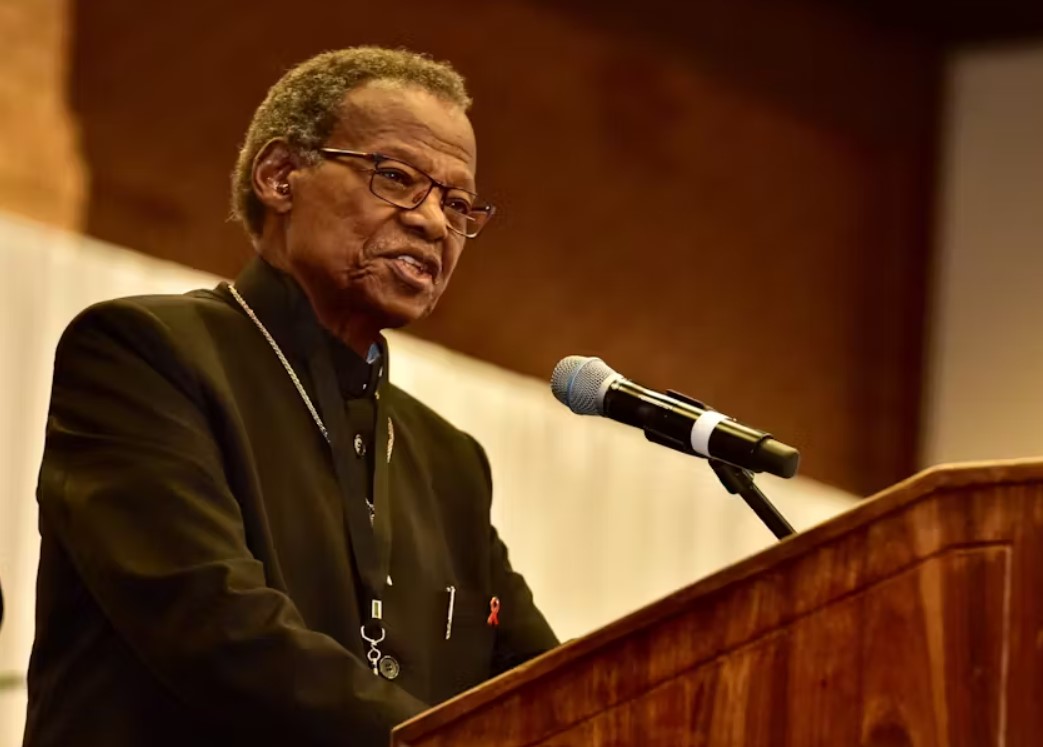
Mangosuthu Buthelezi was a man of immense political talent and contradictions
September 11, 2023
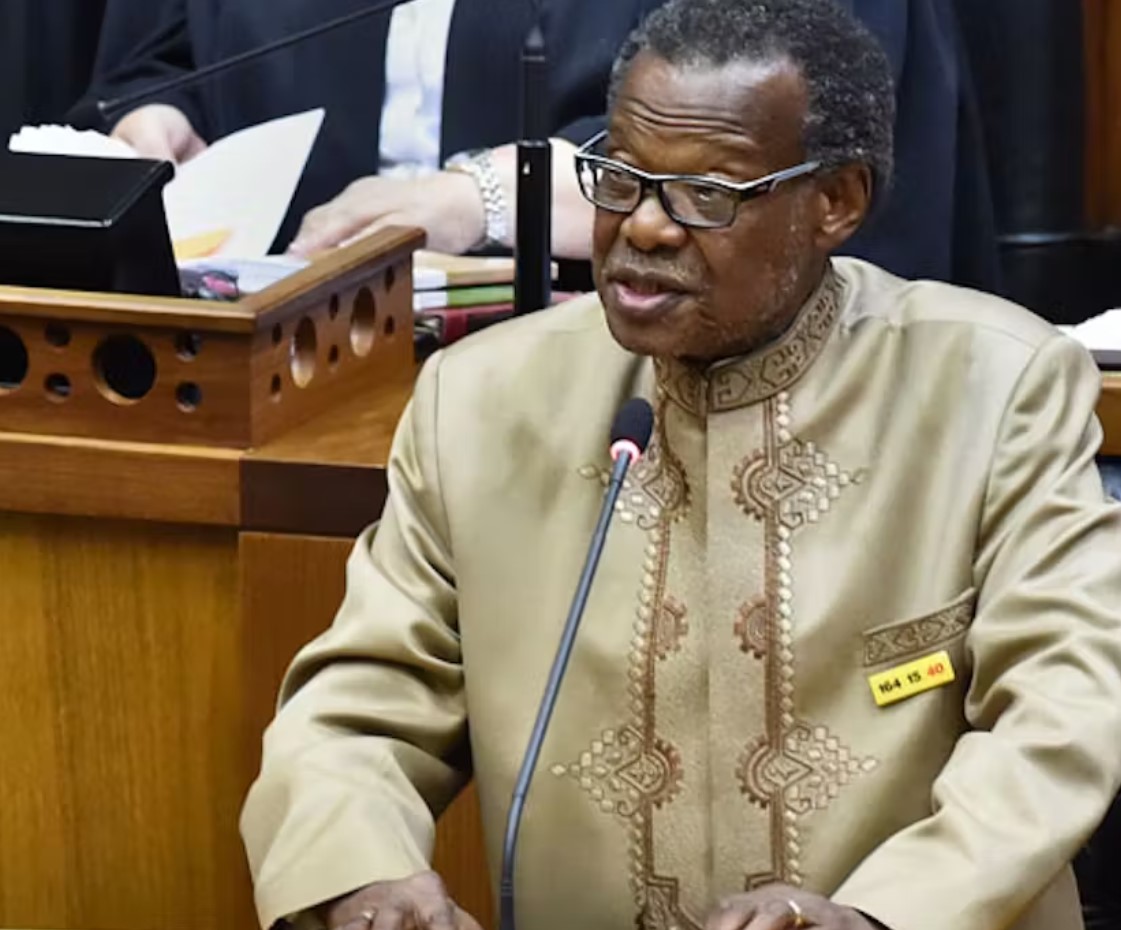
Mangosuthu Buthelezi: the Zulu nationalist who left his mark on South Africa’s history
September 11, 2023
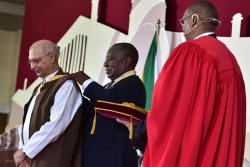
Omar Badsha - Awards, Publications and Exhibitions Timeline
April 6, 2023
Mafika Gwala was a significant South African writer, who emerged in the 1960s and 1970s. A prominent activist of that era, he expressed the political needs and aspirations of all those victimised by apartheid. He was closely associated with the Soweto poets, Mongane Wally Serote, Mbuyiseni Mtshali, James Matthews and Mandla Langa. In 1973, he edited the Black Review, and his short stories, essays and poems have been published in numerous journals and anthologies. His poetry collections include Jo’Liinkomo (1977) and No More Lullabies (1982).
Universal Man: Jonathan Clegg “Sikeyi” (1953-2019). “Sikeyi” is a Zulu dance praise name: “The peg through a yoke that secures oxen in position, from Afrikaans juskei (juk: yoke], referring to the capacity of a formidable dancer to hold his stand.”
